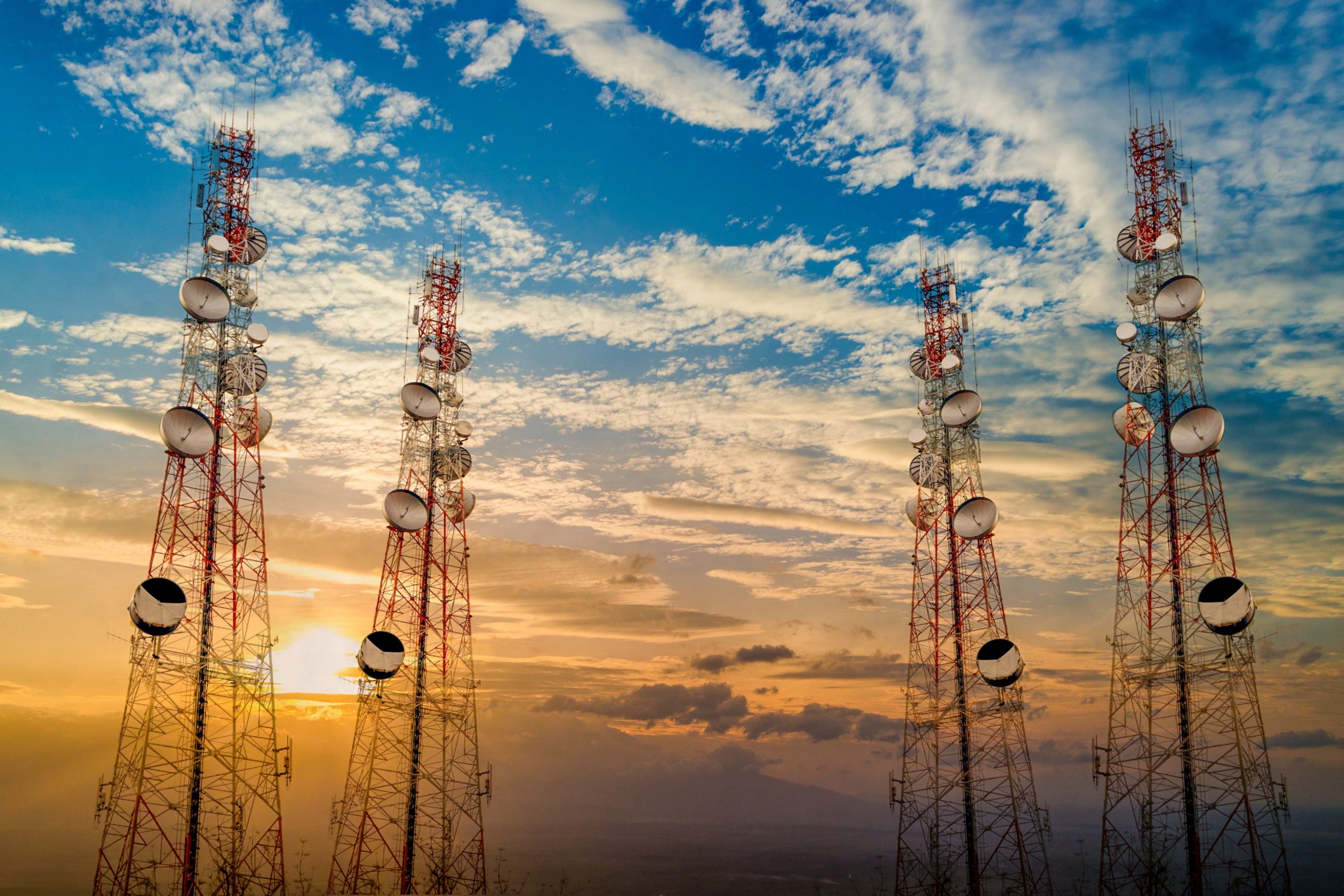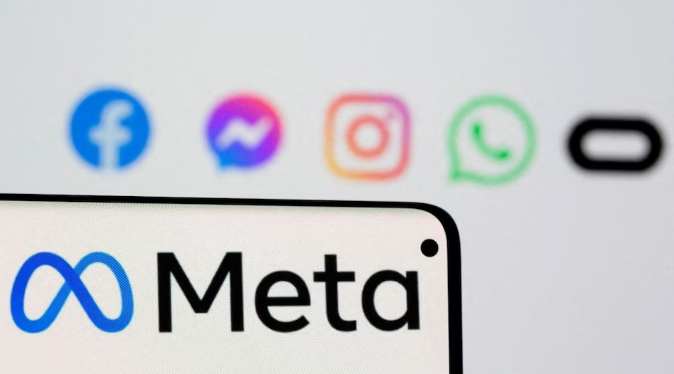Highlights
- Lok Sabha passes the Telecommunications Bill, 2023.
- Bill grants expanded authority to the government in telecom.
- Meta expresses concerns over potential OTT regulation.
- Ambiguity over OTT services being categorized as telecom services.
The Lok Sabha passed the Telecommunications Bill, 2023 which is likely to transform the landscape of telecommunication services and networks in India.
The bill, which successfully navigated through both houses of the Parliament, is designed to usher in amendments to the existing laws governing the telecom industry.
However, some in the industry like Meta are not overly happy with the bill.
Government’s Enhanced Control and Its Implications

But first a little background.
One of the key features of the Telecommunications Bill, 2023, is the expanded authority it grants the Indian government over telecom services, especially in scenarios concerning national security.
It enables the government to assume temporary control of telecom services when deemed necessary for protecting national interests.
This provision is seen as a significant boost to the government’s powers within the telecom sector.
Meta’s Concerns over OTT Regulation

As a result, the bill’s introduction has not been without controversy, particularly from major tech players like Meta, the parent company of Facebook.
According to an internal email, seen by Moneycontrol, Meta’s policy head in India expressed apprehension about the bill’s potential implications for over-the-top (OTT) services.
The concern primarily revolves around the bill’s ability to classify OTT services, including popular internet applications like Facebook, WhatsApp, and Instagram, under telecommunication services at a future date.
While the latest version of the bill has omitted direct references to OTT services, ambiguity persists.
The definitions of ‘telecommunication services’ and ‘messages’ are quite broad and not clearly defined within the bill.
As such, companies like Meta think it could be interpreted to include OTT services, albeit indirectly.
Shivnath Thukral, Director and Head of India Public Policy at Meta, highlighted these concerns in an email sent out on the same day the bill was tabled in the Lok Sabha.
“The revised Bill text is now in the public domain. In a very positive movement, all explicit references to OTTs have been removed from the Bill…However, some ambiguity remains – as the definitions of “telecommunications services”, “telecommunications identifier” and “messages” could be interpreted to implicitly include OTT services, even if without explicit mention,” Thukral elaborated in the email, as seen by Moneycontrol.
Furthermore, despite the removal of OTTs from these definitions, the government still retains the discretion to categorize OTTs as a telecommunications service.
This could subject internet platforms to an authorisation regime through delegated legislation at a future date.
It would effectively mean that encryption standards used by several services like WhatsApp could likely be removed.
It remains to be seen if the worries of key players in the OTT space will be realised or if the government will adopt a policy of policing content.
FAQs
What is the Telecommunications Bill 2023, and what does it entail?
The Telecommunications Bill 2023, recently passed by the Lok Sabha, aims to amend existing laws governing India’s telecom industry.
It includes provisions that grant the government expanded authority to control telecom services, especially in matters concerning national security, marking a significant shift in the regulatory landscape of the telecom sector in India.
How does the Telecommunications Bill 2023 affect OTT services?
The bill has raised concerns among major tech companies like Meta over its potential implications for OTT services.
While the latest version of the bill does not explicitly refer to OTT services, its broad definitions of ‘telecommunication services’ and ‘messages’ could potentially be interpreted to include OTT platforms, leading to ambiguity and concerns about future regulatory measures.
What are Meta’s specific concerns regarding the bill?
Meta, the parent company of Facebook, is apprehensive that the bill might indirectly include OTT services under the umbrella of telecommunication services in the future.
This concern arises from the bill’s broad definitions and the government’s discretion to categorize OTTs as telecommunications services, which could impact encryption standards and content policing on platforms like WhatsApp.
What changes will occur with Meta’s cross-app messaging discontinuation?
With the discontinuation, users won’t be able to initiate new conversations or calls from Instagram to Facebook accounts.
Existing chats will become read-only, and Facebook accounts won’t see Instagram users’ activity statuses or message read receipts. Cross-app chats will not be transferred to Facebook or Messenger inboxes.
Why is Meta ending the cross-app messaging feature?
Although Meta hasn’t stated a specific reason, it’s speculated that the change is in response to the European Union’s Digital Markets Act, which requires interoperability among large messaging platforms.
This decision might also reflect a shift in Meta’s strategy for its messaging apps.
How did Meta originally integrate Instagram and Facebook Messenger?
In 2020, Meta integrated Instagram and Facebook Messenger, allowing users to message friends on either platform without switching apps.
This integration included Messenger features like message replies, forwarding, and customizable chat colors on Instagram.
Also Read: Meta Collaborates with MediaTek to Elevate AR Smart Glasses Technology
Also Read: Meta Faces EU Scrutiny Over Paid Subscription Model for Ad-Free Privacy
Also Read: Meta Ending Cross-App Messaging Between Instagram and Facebook Messenger This Month
